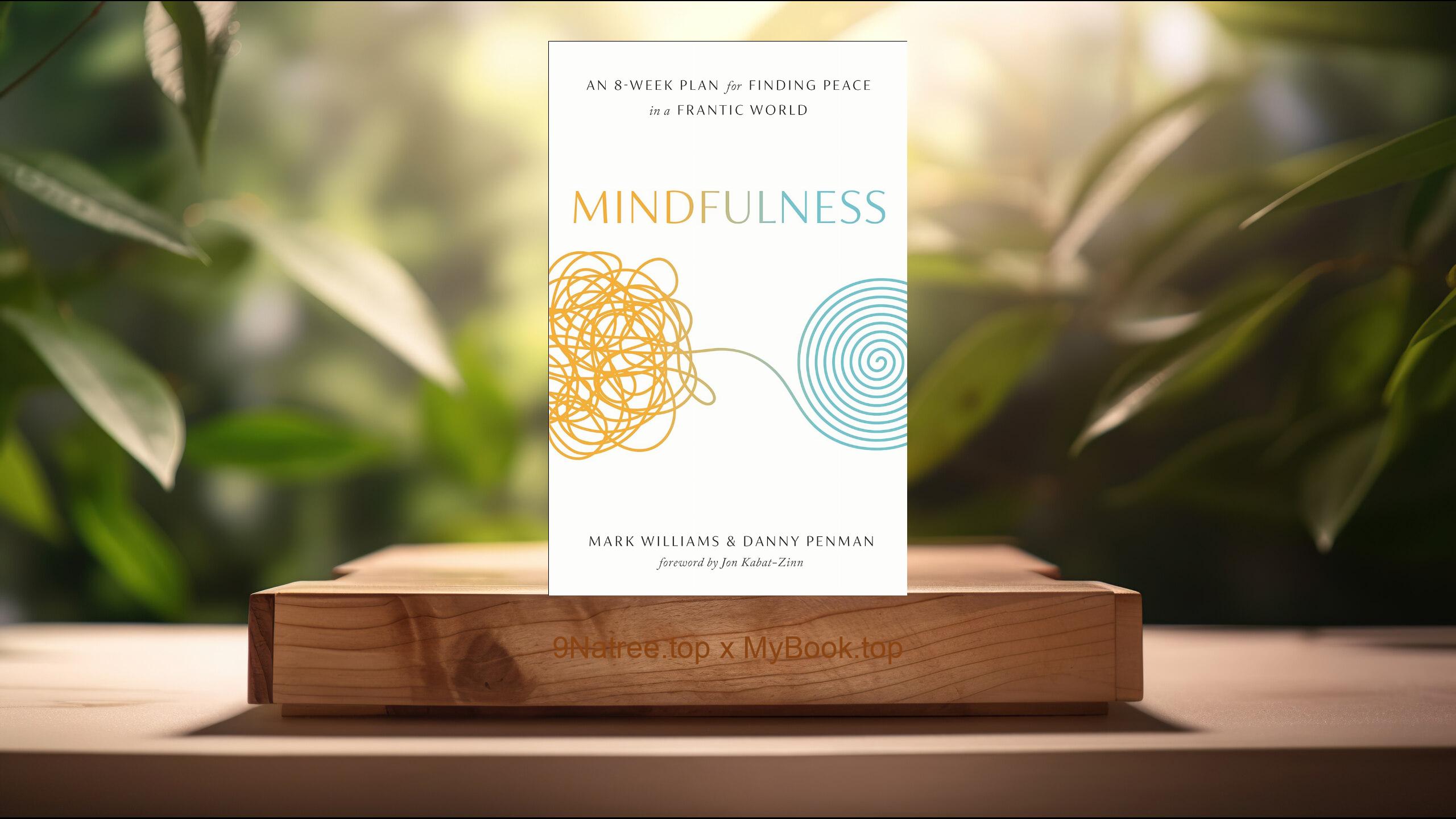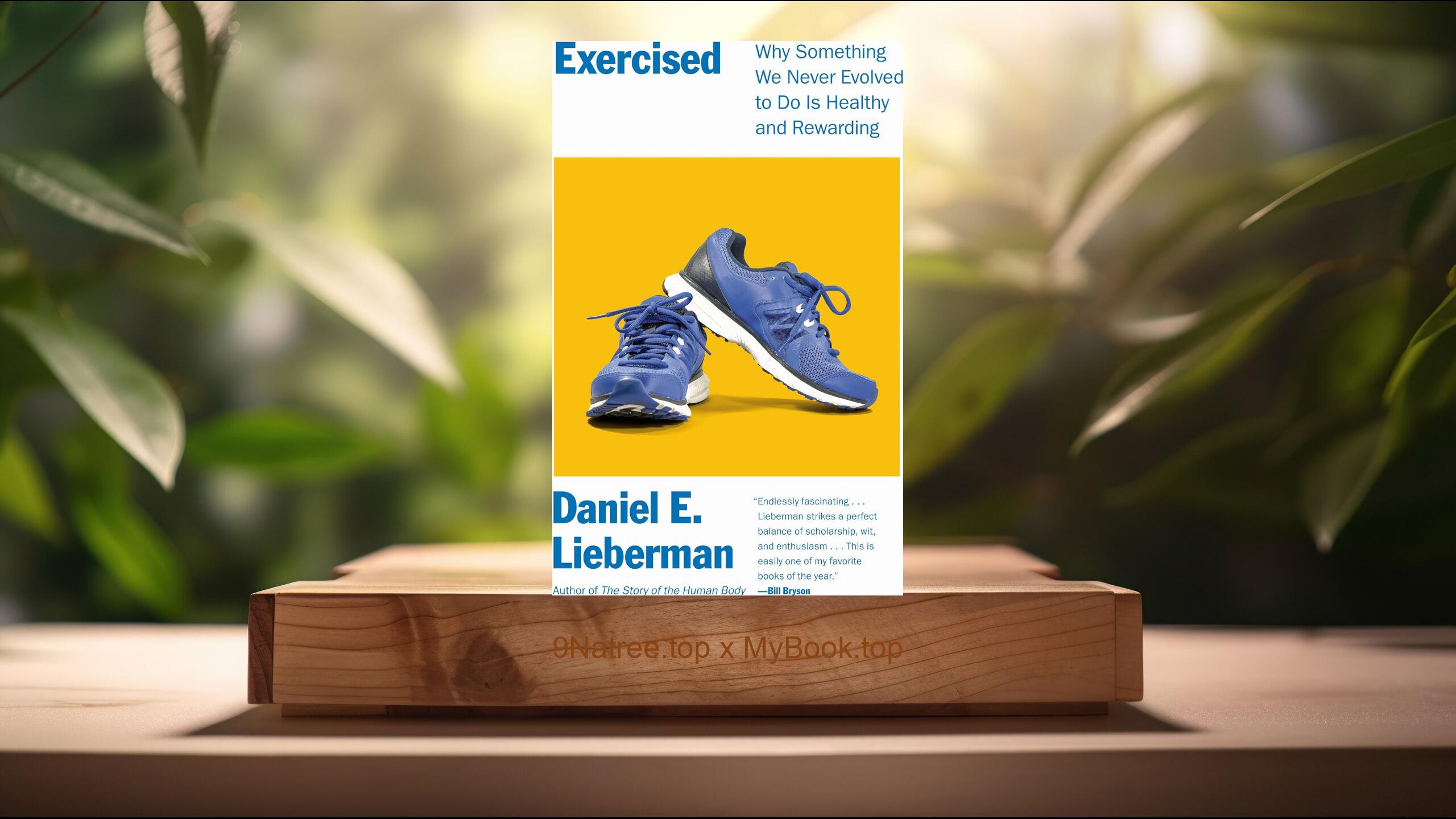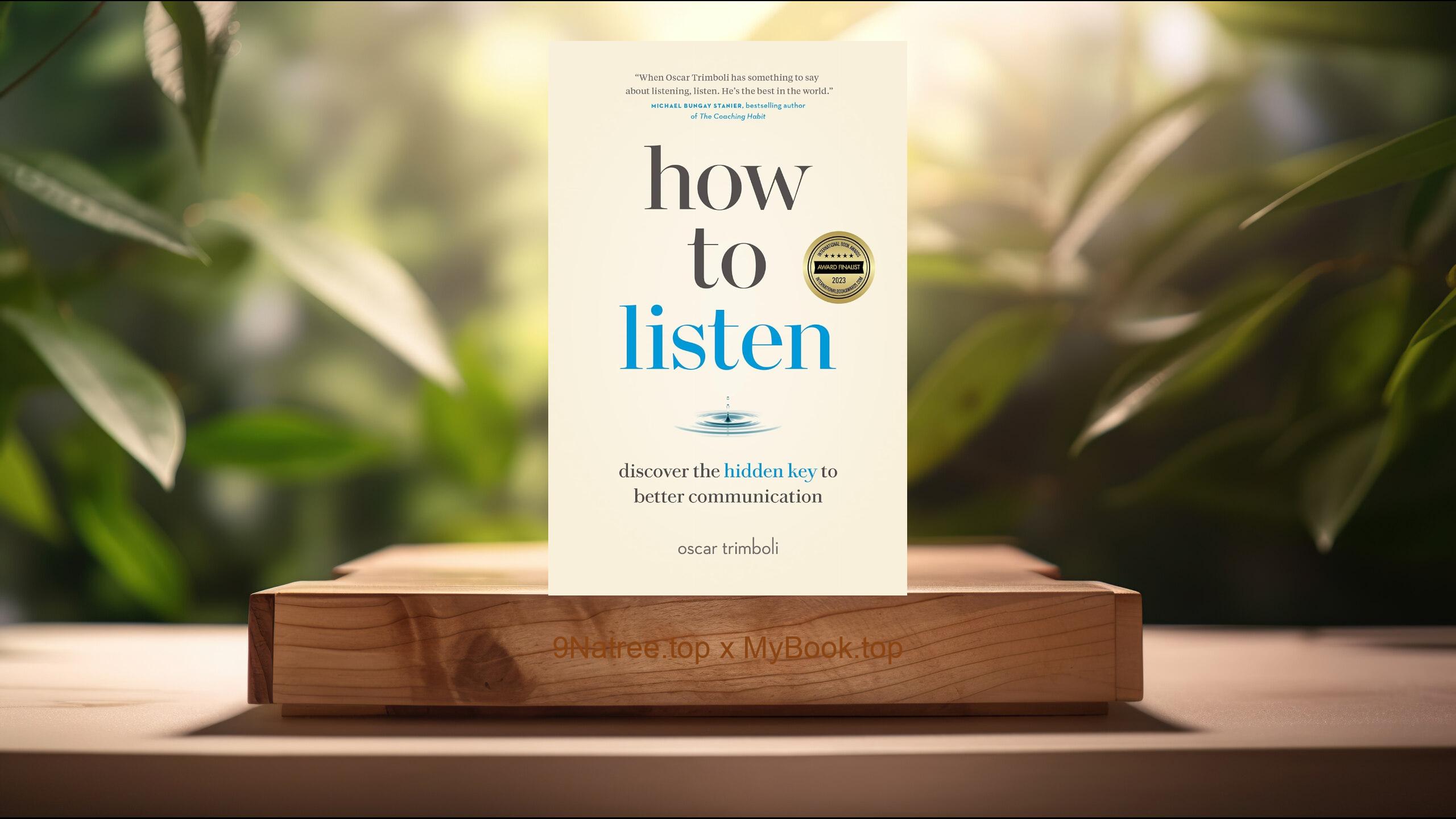Show Notes
Buy on Amazon: https://www.amazon.com/dp/B073D36KNM?tag=9natree-20
Read more: https://mybook.top/read/B073D36KNM/
#Ikigai #Longevity #Japaneseculture #Purposefulliving #Wellbeing #Okinawalifestyle #HéctorGarcía #FrancescMiralles #Ikigai
These are takeaways from this book.
Firstly, Understanding Ikigai and its Origins, Ikigai is a Japanese term that does not have a direct translation in English but roughly means 'the reason for which you wake up in the morning.' This principle lies at the heart of Japanese culture and longevity, believed to contribute significantly to the happiness and extended life spans observed in regions like Okinawa. The origins of Ikigai can be traced back to the synthesis of four primary elements: what you love, what you are good at, what the world needs, and what you can be paid for. This conceptual framework guides individuals in finding their purpose or 'reason for being,' which in turn affects their daily lives and overall well-being. García and Miralles delve into the cultural, social, and psychological elements of Ikigai, exploring how it influences attitudes towards life and work, ultimately suggesting that understanding and pursuing one's Ikigai can lead to a more fulfilling and longer life.
Secondly, The Okinawa Lifestyle, Okinawa, Japan, is a focal point of the book due to its high concentration of centenarians and serves as a living example of the Ikigai philosophy in action. The authors examine the lifestyle, diet, and community dynamics that contribute to the longevity of Okinawa's residents. Key aspects include a plant-based diet rich in soy, vegetables, and fish; moderate physical activity incorporated naturally into daily life; strong community bonds and social support networks; and a positive attitude towards life and aging. Okinawans also practice 'Hara Hachi Bu,' eating only until they are 80% full to prevent overeating and support longevity. This blend of healthy living, sustained purpose, and community engagement presents a compelling case study of how Ikigai principles can manifest in practical, life-enhancing ways.
Thirdly, The Role of Stress and Relaxation, García and Miralles do not overlook the imperatives of managing stress and embracing relaxation in fostering a long, happy life. The book posits that while stress is an unavoidable aspect of life, its management is crucial in living joyfully and healthily. Techniques such as mindfulness, meditation, and yoga are highlighted as effective methods for stress reduction and enhancing mental clarity. Moreover, the concept of 'flow,' or being completely absorbed and focused on enjoyable activities, is identified as a state of being that aligns with Ikigai. By engaging in tasks that challenge us adequately, we can experience joy, lose track of time, and indirectly work towards our purpose. The authors stress the importance of finding a balance between responsibility and hobbies that bring joy, thus integrating Ikigai principles into daily routines for a harmonious life.
Fourthly, Building and Nurturing Community, The importance of social connections and community is a recurring theme in Ikigai. In Okinawa, the concept of 'Moai,' or a life-long circle of friends that supports one another, plays a significant role in maintaining psychological and social well-being. García and Miralles emphasize the vital role of building and nurturing relationships for a happy and long life. By investing time and energy into developing deep, meaningful connections, individuals can create a support network that provides emotional, social, and even financial support. These connections are not only essential for mental health but serve as a cornerstone for living one’s Ikigai, enabling individuals to share passions, collaborate on endeavors, and find comfort in companionship. The book encourages readers to seek out and cultivate their own 'Moai,' underscoring the belief that happiness and purpose are found in community and shared experiences.
Lastly, Practical Steps to Finding Your Ikigai, García and Miralles not only explore the philosophical underpinnings of Ikigai but also provide readers with practical advice on how to discover and pursue their own Ikigai. This includes introspection exercises to identify passions, skills, societal needs, and potential economic opportunities; tips for lifestyle changes to support well-being; and strategies for integrating the Ikigai philosophy into everyday living. The authors advocate for gradual, consistent changes rather than drastic lifestyle overhauls, encouraging readers to take small steps towards their goals. Whether it's adopting a healthier diet, engaging in regular physical activity, prioritizing tasks that bring joy, or fostering relationships, the journey to discovering one's Ikigai is personal and ongoing. The book serves as a guide to navigating this journey, offering insights and exercises to help individuals align their lives with their unique purpose.
In conclusion, Ikigai: The Japanese Secret to a Long and Happy Life is an essential read for anyone seeking not just to extend their lifespan, but to enhance its quality. Héctor García and Francesc Miralles have crafted a compelling narrative that blends cultural insights with practical advice. This book is particularly beneficial for those feeling lost or burnt out, struggling to find meaning or direction in life. Its exploration of the Okinawa lifestyle, stress management, community importance, and actionable steps towards finding one's purpose provides a holistic approach to living meaningfully. By illustrating the potent effects of living in accordance with one's Ikigai, the book offers a blueprint for a fulfilling life that is rich in joy, health, and satisfaction. Whether you're looking for direction, seeking to improve your well-being, or simply curious about the Japanese philosophy of life, Ikigai is a guiding light towards a path of self-discovery and profound contentment.
![[Review] Ikigai: The Japanese secret to a long and happy life (Héctor García) Summarized](https://episodes.castos.com/660078c6833215-59505987/images/1709951/c1a-085k3-o8r7r92vb90q-xc21zd.jpg)




